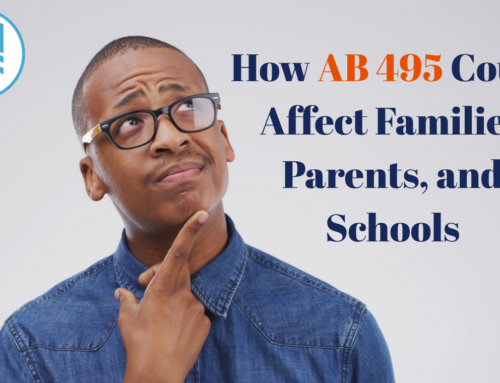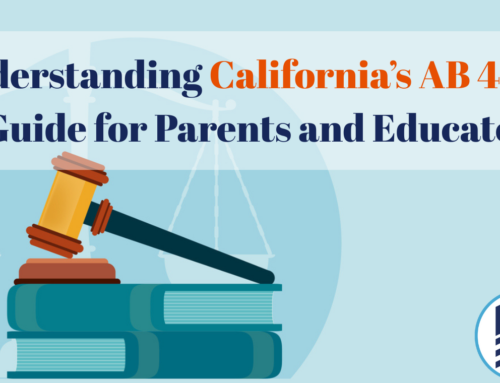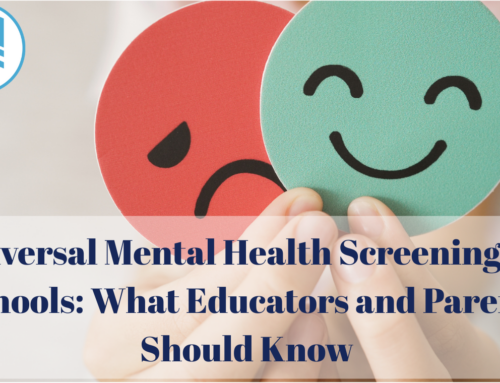
When schools include musical education in the curriculum, they have an estimated 90.2% graduation rate and a 93.9% attendance rate. (In sharp contrast, schools without music programs have a 72.9% graduation rate and 84.9% attendance rate on average.)
Throughout the years, observations and studies have shown the importance of immersing children in a musical education. Music is a wonderful outlet for mental exercise, creative opportunity, and healthy physical and emotional habits.
Today, we will explore the ways a musical education benefits your child and how you can navigate the process with them.
Mental Development
First, musical training can be a great accessory to childrens’ successful mental development, specifically in the realm of language development and usage.
According to PBS for Parents, “While children come into the world ready to decode sounds and words, music education helps enhance those natural abilities.” Later in the same article, Mary Luehrisen (the executive director of the National Association of Music Merchants Foundation) says, “When you look at children ages two to nine, one of the breakthroughs [during this age] is music’s benefit for language development….”
Along these lines, studies have also shown that “children who are musically trained…have a better vocabulary in their native language and a greater reading ability.”
But language development is not the only mentally advantageous benefit of a musical education. Studying music has also been observed to cultivate the balanced development of a child’s right and left brain and increase memorization skills.
Muse Academy states that “…musicians who begin training around 7 years of age have a significantly larger corpus callosum, which integrates motor, sensory, and cognitive performance between the right and left lobe of the cerebral cortex, so that messages are able to travel more quickly between these regions. The corpus callosum plays a critical role in diverse brain functions including vision and eye movement, regulation of attention and arousal, and tactile localization.”
This development of the corpus callosum leads to greater mental efficiency in children, enabling them to be detail-oriented and have strong problem-solving capabilities.
Creativity and Emotional Health
Music also creates a special place for art, emotional awareness, and social development in a child’s life. Woodwind & Brasswind states that “Music…boosts creativity and the ability to see the relationships between seemingly unrelated things…”
1. Art
Musical training invites children to use their imaginations and capacities for storytelling in new ways. Muse Academy puts it this way: “Music does not directly refer to anything outside of itself, and cannot directly narrate or tell a story on its own. It is up to the listener to find the emotional and ideational “story” or meaning that a piece of music conveys…”
As we know, children are naturally excellent at making up stories and songs during their playtime. Childhood offers the perfect opportunity for parents to begin investing in their child by cultivating his or her natural musical ability.
2. Emotions
How does a personal understanding of music help children through ordinary life? Parents instinctively know that it is crucial to teach little ones how to process and express their feelings. Music can help facilitate this training.
Carnegie Hall published an article about the impact of music on early childhood development. It states that, “These early years are when children learn how to express and manage their feelings, as well as figure out how to read other people’s expressions and feelings, grasping how other minds work. Through music, children can invent games, songs, and stories that help them harness their feelings.”
The article continues, “It may be that experience with musical concepts like stopping/starting, slowing down/speeding up, and verse/chorus provide children with the motivation to direct and modulate their behavior.”
3. Social Skills
Social intelligence is also a benefit of music education.
This is one of the formative ways that parents—whether musically inclined or not—are able to engage in this training with their children. Music Together states that “The simple and enjoyable act of making music with your child naturally fosters important social and emotional skills, such as self-regulation, self-confidence, leadership skills, social skills, and socio-emotional intelligence.”
From the early years of life, parents often use music to communicate with infants. As children grow, this practice can take on other forms. This interesting study shows that children who participate in musical activities together tend to have increased group cohesion and tend to be more helpful to one another.
Self-Discipline
Being able to competently interact with a group is important for children. However, it is equally important for kids to learn introspection and to improve themselves through hard work and practice.
As your child grows, immersion in a musical education will offer an ideal position to begin planting seeds that will be formed into self-disciplinary habits.
“[As a result of taking music lessons]…kids are introduced to the concept of delayed gratification. They won’t become expert instrumentalists overnight…they’ll discover their skills only improve through daily practice and commitment. [O]nce they start seeing these results, they’ll understand that the only way to improve is to practice”, says Music Lab.
Guiding your child to this point is a wonderful achievement! Once your child personally understands that they are able to work hard and do great things because of it, they will have the tools they need for success in many other areas of life.
How to Get Started
Giving your children a musical education is a fulfilling investment. Your children will reap immediate and future benefits with the academic, creative, emotional, and social skills that music provides.
Not sure where to start? The habit of musical learning begins when children are young, and can be as simple as singing or playing music for them when they are babies and toddlers.
When they are older, give your kids the opportunity to take music lessons, participate in school music programs, or join a community music group. With these tools, they can fully grow into the benefits that a musical education has to offer them.





[…] instruction style, focusing on a very specific area of interest. One magnet school might highlight music, drama, and languages, while another might emphasize science, technology, and math. The second feature of magnet schools […]
[…] so you can help your children thrive. Visit our website to learn more about subjects like the importance of musical education, tips on finding a good tutor, and parental […]